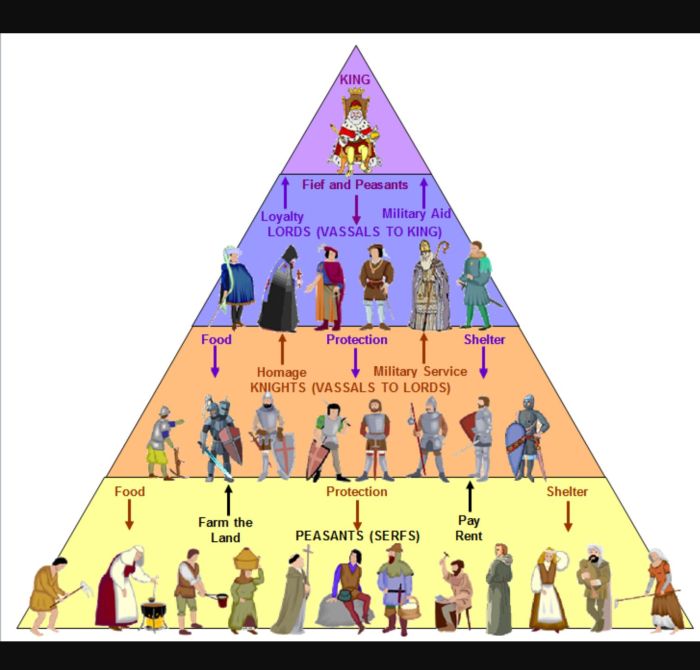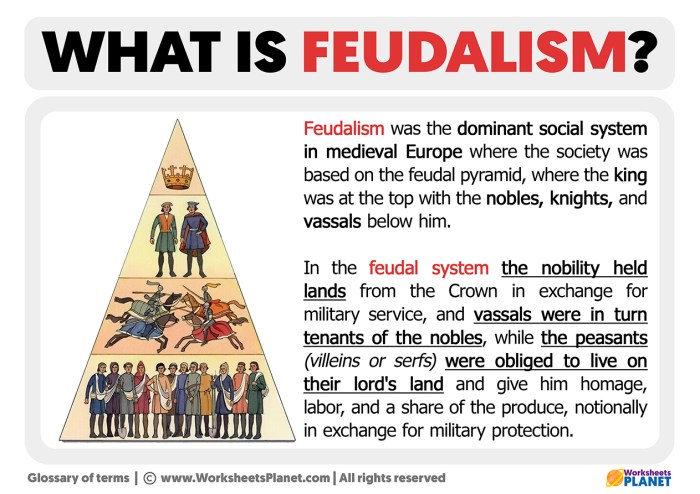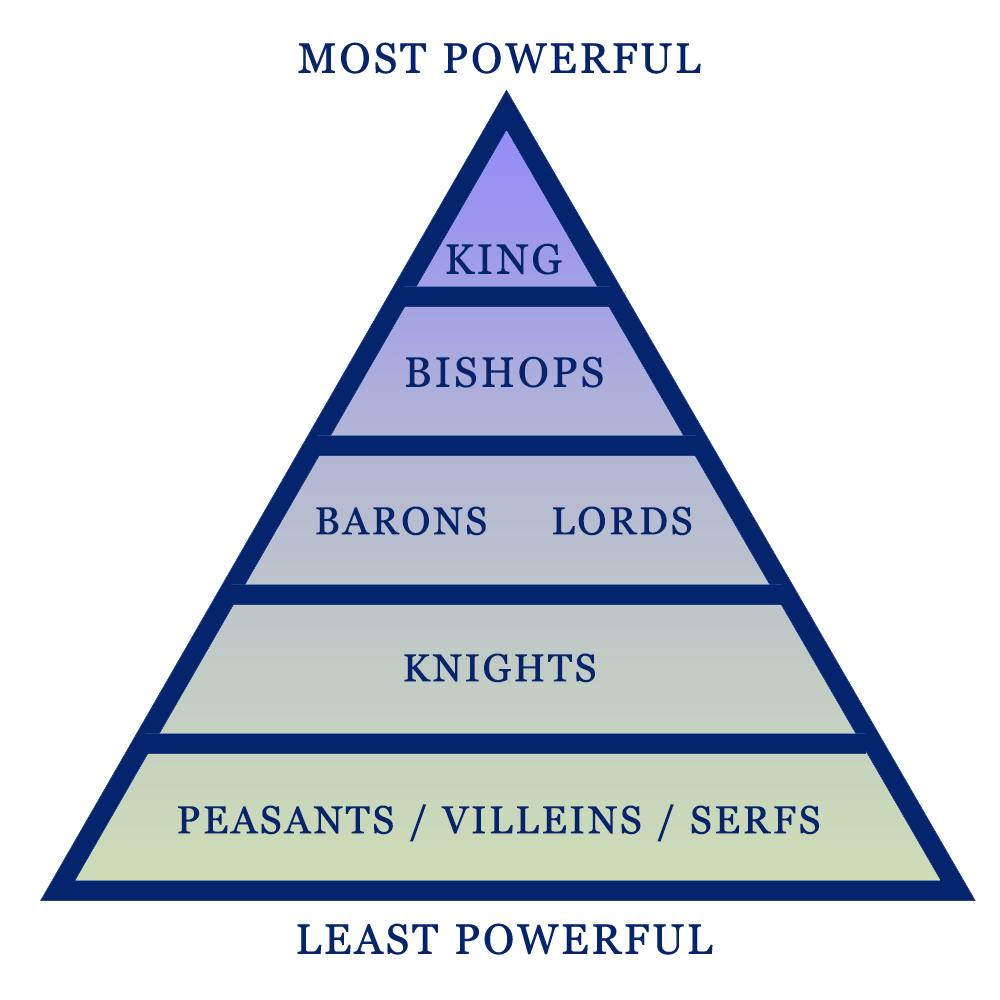The social order of medieval times crossword clue invites us to delve into a fascinating era characterized by a rigid hierarchy, distinct social norms, and gender roles that shaped daily life. This exploration unveils the intricate tapestry of medieval society, providing insights into the complexities of human interactions and the enduring legacy of the past.
Medieval society was meticulously organized into a hierarchical structure, with each social class occupying a specific role and set of responsibilities. The feudal system, a defining feature of the era, established a network of obligations and privileges that connected individuals from the highest echelons of nobility to the humblest serfs.
The social order was further reinforced by a shared set of social norms and values, influenced by religious beliefs and the teachings of the Church.
Medieval Society Structure

Medieval society was organized into a rigid hierarchy, with each social class having its own roles and responsibilities. The feudal system, a form of social and political organization, played a major role in shaping the social order.
Feudal System
- The feudal system was based on a system of land ownership and military service.
- The king granted land to his vassals (nobles), who in turn provided military service and other services to the king.
- Vassals could also grant land to their own vassals, creating a chain of feudal relationships.
Social Classes
- Nobility:The nobility held the highest rank in society and included the king, nobles, and knights.
- Clergy:The clergy were responsible for religious matters and held a high position in society.
- Peasantry:The peasantry made up the majority of the population and worked the land.
- Merchants and Artisans:Merchants and artisans were not part of the feudal system but could achieve wealth and status through their trade.
Social Norms and Values

Medieval society was governed by a set of social norms and values that influenced people’s behavior and interactions.
Social Norms
- Honor:Honor was a central value in medieval society and was associated with loyalty, bravery, and chivalry.
- Hierarchy:The social hierarchy was seen as natural and ordained by God.
- Religious Devotion:Religion played a major role in medieval society, and people were expected to be devout Christians.
Role of the Church
The Church was a powerful institution in medieval society and played a major role in shaping social order.
- The Church provided spiritual guidance and education.
- The Church enforced social norms and values through its teachings and punishments.
- The Church also provided social welfare services, such as hospitals and orphanages.
Gender Roles and Family Structure
Gender roles and family structure were strictly defined in medieval society.
Gender Roles
- Men:Men were expected to be strong, brave, and chivalrous.
- Women:Women were expected to be modest, obedient, and nurturing.
Family Structure
- The family was the basic unit of medieval society.
- The father was the head of the household and had authority over his wife and children.
- Women were responsible for raising children and managing the household.
- Children were expected to obey their parents and respect their elders.
Social Mobility and Change: Social Order Of Medieval Times Crossword Clue

Social mobility was limited in medieval society, but it was not impossible.
Factors Influencing Mobility
- Birth:People born into the nobility or clergy had a higher chance of achieving success.
- Wealth:Wealth could allow people to buy land or titles, which could lead to higher social status.
- Education:Education could provide people with the skills and knowledge necessary to advance in society.
Examples of Mobility, Social order of medieval times crossword clue
- Thomas Becket:Becket was born into a peasant family but rose to become Archbishop of Canterbury.
- William the Conqueror:William was a bastard son of a Norman duke who invaded England and became king.
FAQ
What were the main social classes in medieval society?
Medieval society was typically divided into three main classes: the nobility, the clergy, and the commoners.
How did the feudal system impact social mobility?
The feudal system made it difficult for individuals to move between social classes, as one’s status was largely determined by birth.
What role did religion play in shaping the social order?
Religion played a significant role in shaping the social order, as the Church provided moral guidance and reinforced social norms.